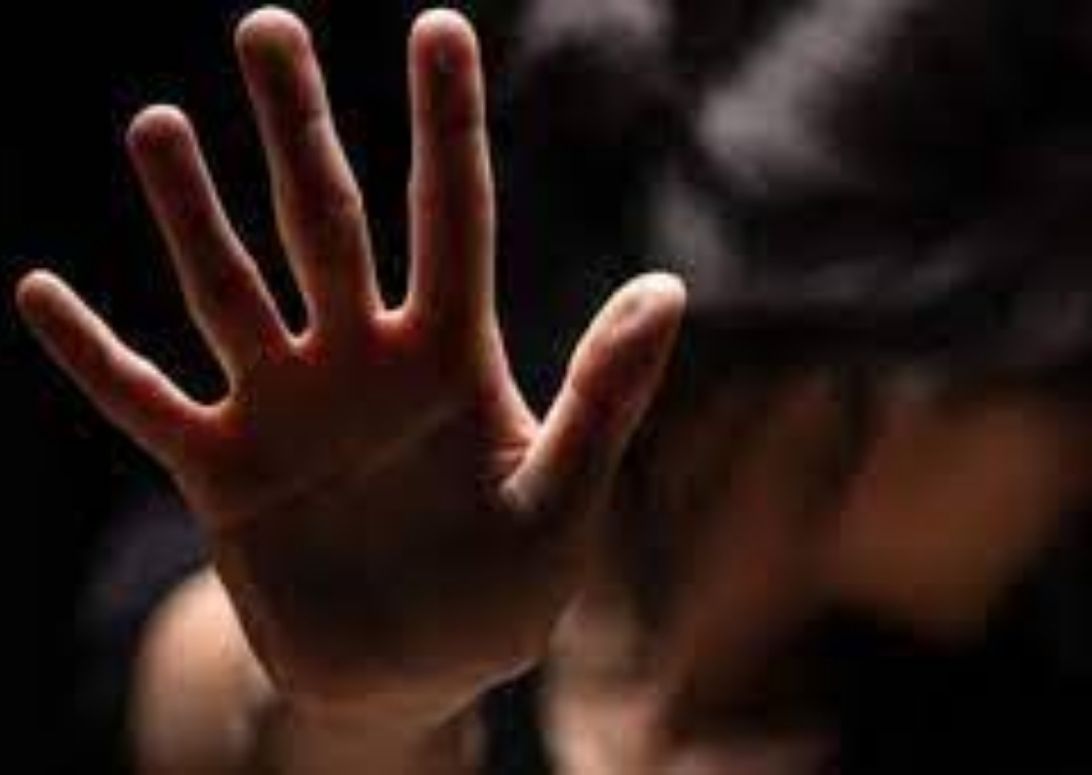QUETTA – Balochistan, Pakistan’s largest and most resource-rich province, once again finds itself in the headlines — this time, for the tragic rise in gender-based violence and so-called honour killings that continue to plague its tribal belt. The brutal killing of a man and woman near Quetta, captured on video and circulated online, has sparked national outrage and forced reluctant state machinery into action.
Chief Minister Sarfaraz Bugti, in a press conference, confirmed the victims were not a married couple and suggested an alleged extramarital affair — comments widely criticised for diverting attention from the core crime: murder. Though Bugti insisted the act was criminal regardless of context, his remarks echoed the very justifications that often fuel such killings.
Eleven arrests have been made, but the incident has reignited debate over the state’s tendency to act only when viral videos pressure authorities.
This is not an isolated event. In March, a woman was abducted in Khuzdar for rejecting a marriage proposal. The case only gained traction after days of highway blockades and public protests. Despite laws like the Domestic Violence Act 2014, enforcement remains weak, with tribal systems often overshadowing state justice.
The 2008 Babakot case — where five women were buried alive — remains a chilling reminder of impunity. Then-senator Israrullah Zehri defended the act, calling it “tribal tradition.” No one was held accountable.
Activists like Sadia Baloch and psychologist Imrana Imdad highlight how tribal elites and politicians, often tied to power, shield perpetrators. Cases involving politicians like Sarfaraz Bugti and Sardar Abdul Rehman Khetran reflect this deeply entrenched culture of silence.
Recent HRCP data shows at least 392 honour killings in Pakistan in 2024 — with Balochistan reporting 19. But rights groups warn actual numbers are much higher, particularly in remote tribal regions where such crimes are rarely reported unless they go viral.
Despite calls for reform, the tribal power structure remains intact, shielding powerful figures and leaving women vulnerable. Public fury may force temporary action, but without structural change, Balochistan’s women remain at the mercy of a brutal code — and a state that too often looks away.
This story has been reported by PakTribune. All rights reserved.



